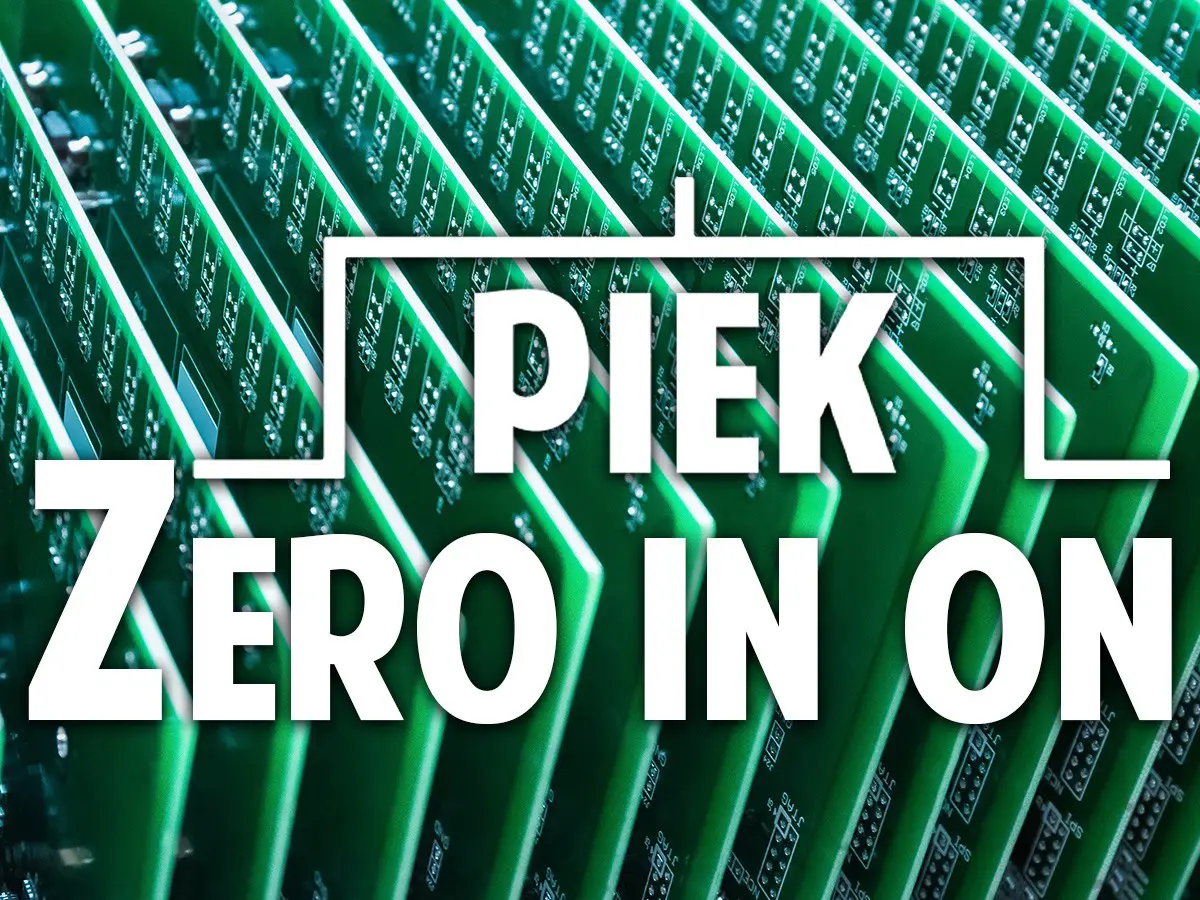In September 2020 we saw the latest H revision publication of IPC-J-STD-001, Requirements for Soldered Electrical and Electronic Assemblies. It was one of the documents for which alignment with other commonly used IPC standards, such as IPC-A-620D and IPC-A-610H, was a major reason for updating. In the course of this alignment conflicting criteria in the various documents were addressed by a group of specialists and modifications were made. As is done in the other new document revisions, IPC now also states that the use of the newer revision is not automatically required.
IPC-J-STD-001 is the document of choice if you need information on process control in relation to the assembly processes. It covers requirements on equipment to be used in soldering processes as well as materials, for instance flux and solder alloys used in this process. It gives regulations to be followed for work facilities, such as lighting, temperature and humidity issues.
Topics discussed are: general requirements e.g. on health and safety, personnel proficiency, terms and definitions, materials, components and equipment requirements, general soldering and assembly requirements, wires and terminal connections, through-hole mounting and terminations, surface mounting of components, and rework and repair.
Topics on cleaning that are specific for the IPC-J-STD-001 are found in a chapter called Cleaning process requirements. Apart from general information and criteria on cleaning, for instance ultrasonic cleaning, this chapter also describes several cleanliness test methods.
The chapter on PCB requirements addresses issues such as delamination, haloing, marking, bow and twist, depanelisation, edge contacts etc..
A chapter specific for IPC-J-STD-001 is Product assurance. It deals with issues such as process control requirements, opportunities determination and statistical process control.
If you consider using the above-mentioned document, it may be a good idea to learn all the ins and outs by attending an IPC certification training based on them. These certification courses are provided by PIEK both in your company or in regionally organised training sessions, and they will increase your knowledge level.
The certification course for IPC J-STD-001 not only comprises theory and a written exam, but also has hands-on soldering tasks on wire and terminals, through-hole technology and SMT. Also inspection will be performed in practical tasks. In a workmanship training course like IPC-J-STD-001 it is important that trainees get proper education and support from experienced instructors.
It is good to know that with hands-on training provided by PIEK you have the choice of a variety of sophisticated brands of soldering equipment. If we consider a course based on the IPC-7711/7721 standard, you can choose from all major soldering tool brands, such as Ersa, Hakko, JBC, Metcal, OKi, Pace or Weller.
Even though IPC documents can be bought and used by anybody that has an interest in them, proper training in many cases proves beneficial to the proper understanding and interpretation of the criteria contained within. The trainers at PIEK are experienced and offer optimum guidance in the proper use and interpretation of this standard. Benefit from the extensive experience the PIEK trainers have in the use of this document in daily practice.
If you consider using either of the above-mentioned documents, it may be a good idea to learn all the ins and outs by attending an IPC certification course based on them. These certification courses are provided by PIEK both in your company or in regionally offered training sessions, and they will increase your knowledge level. Furthermore, training will help you to use the criteria correctly and avoid misinterpretation, which may well save time and money. Profit from the extensive experience the PIEK trainers have in the use of these documents in daily practice and avoid the pitfalls in daily life caused by misinterpretation.






